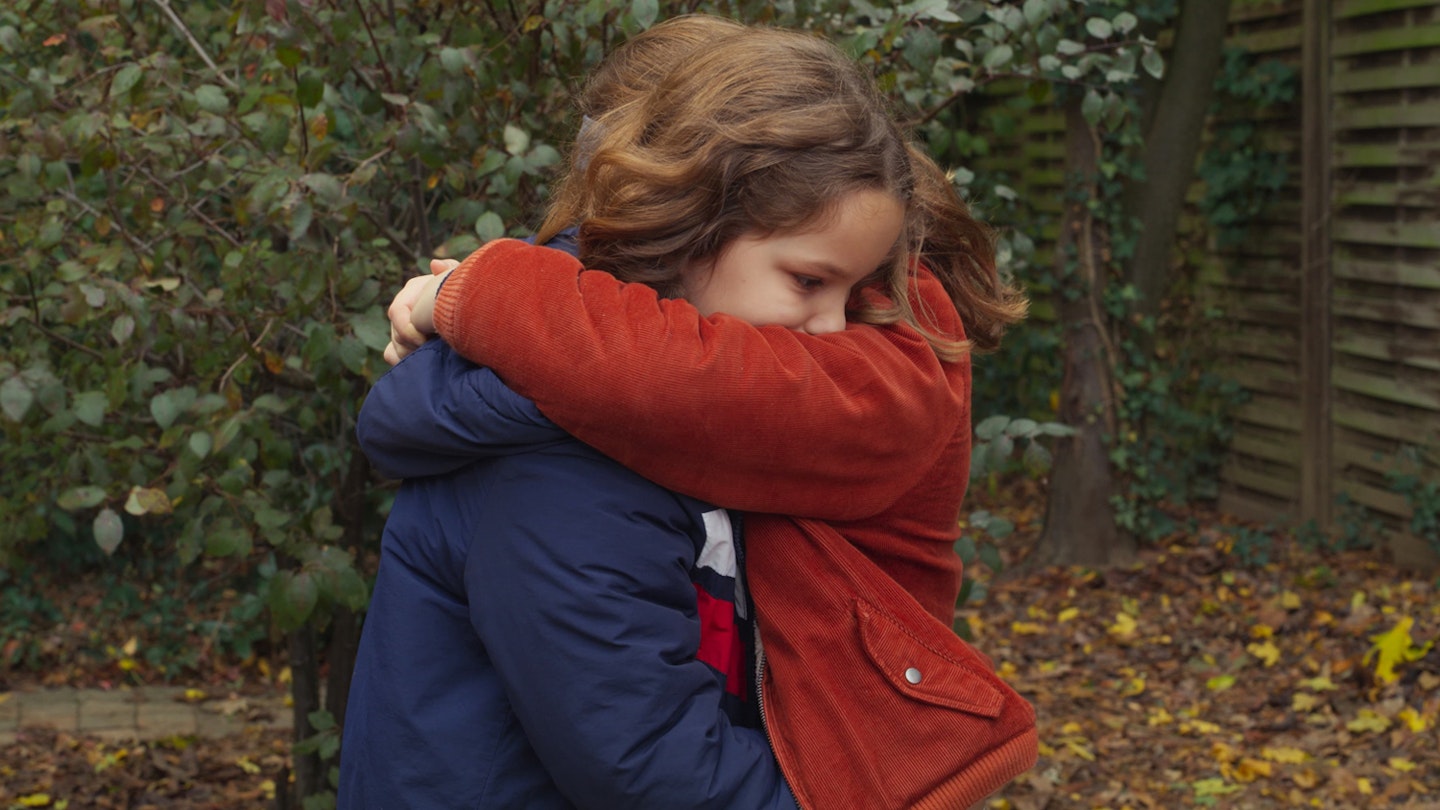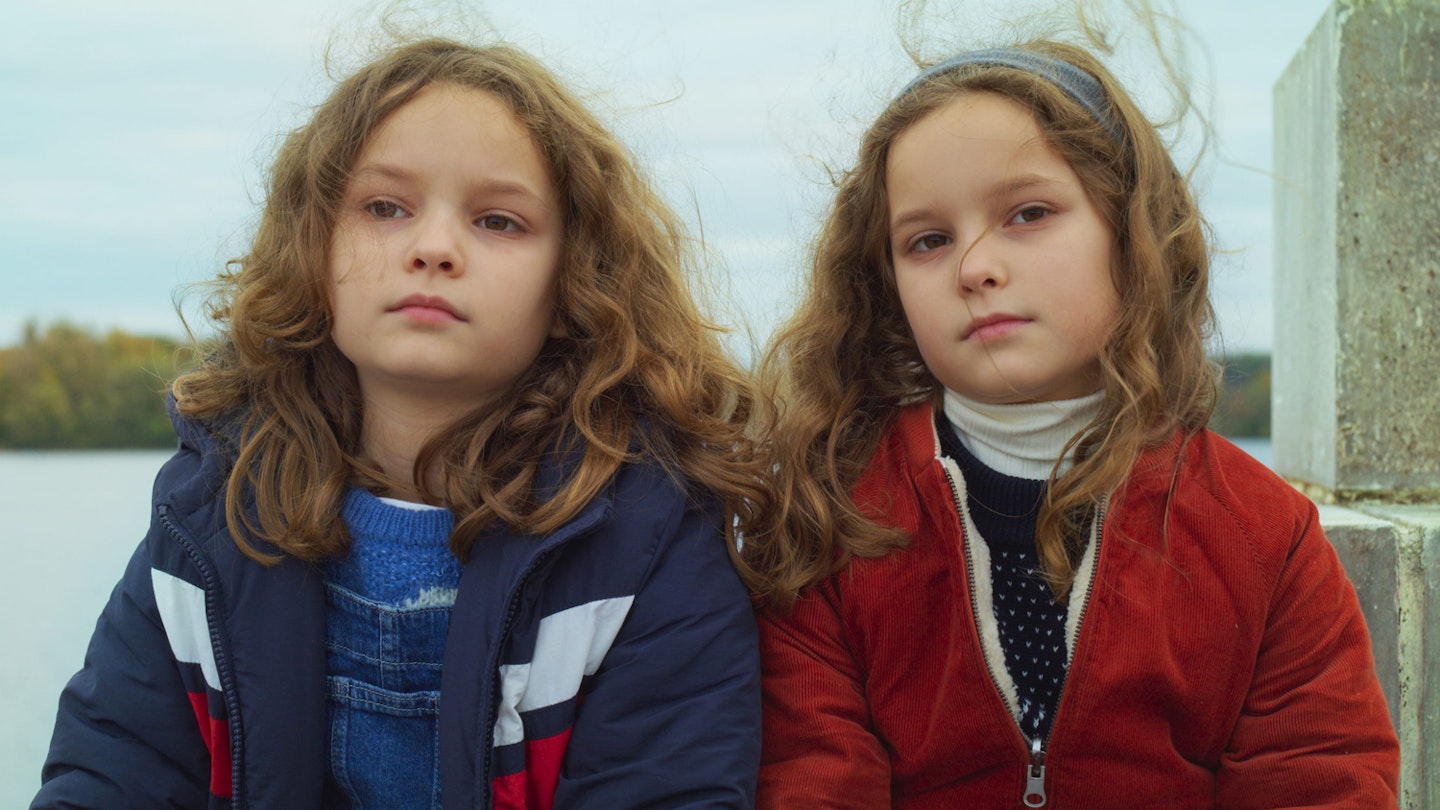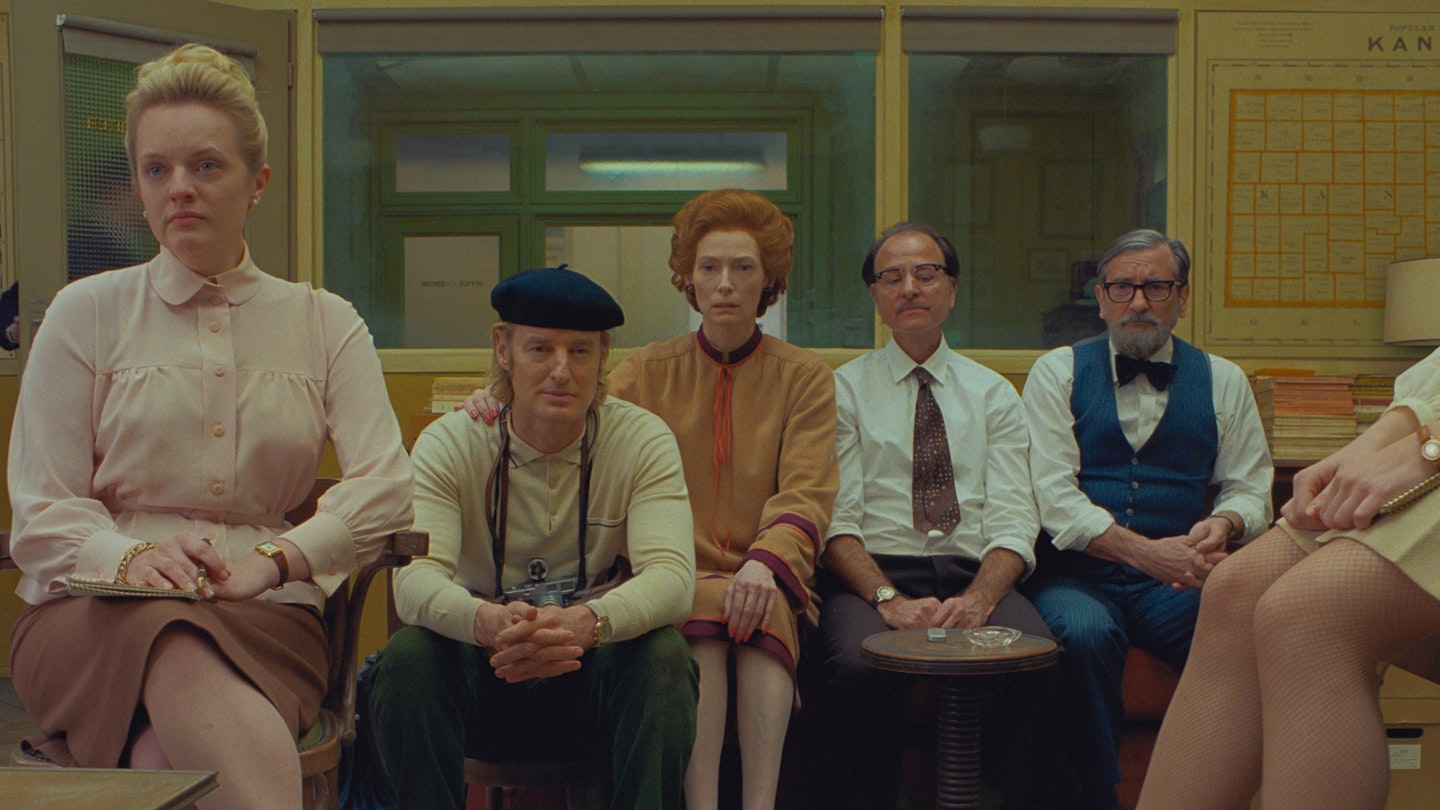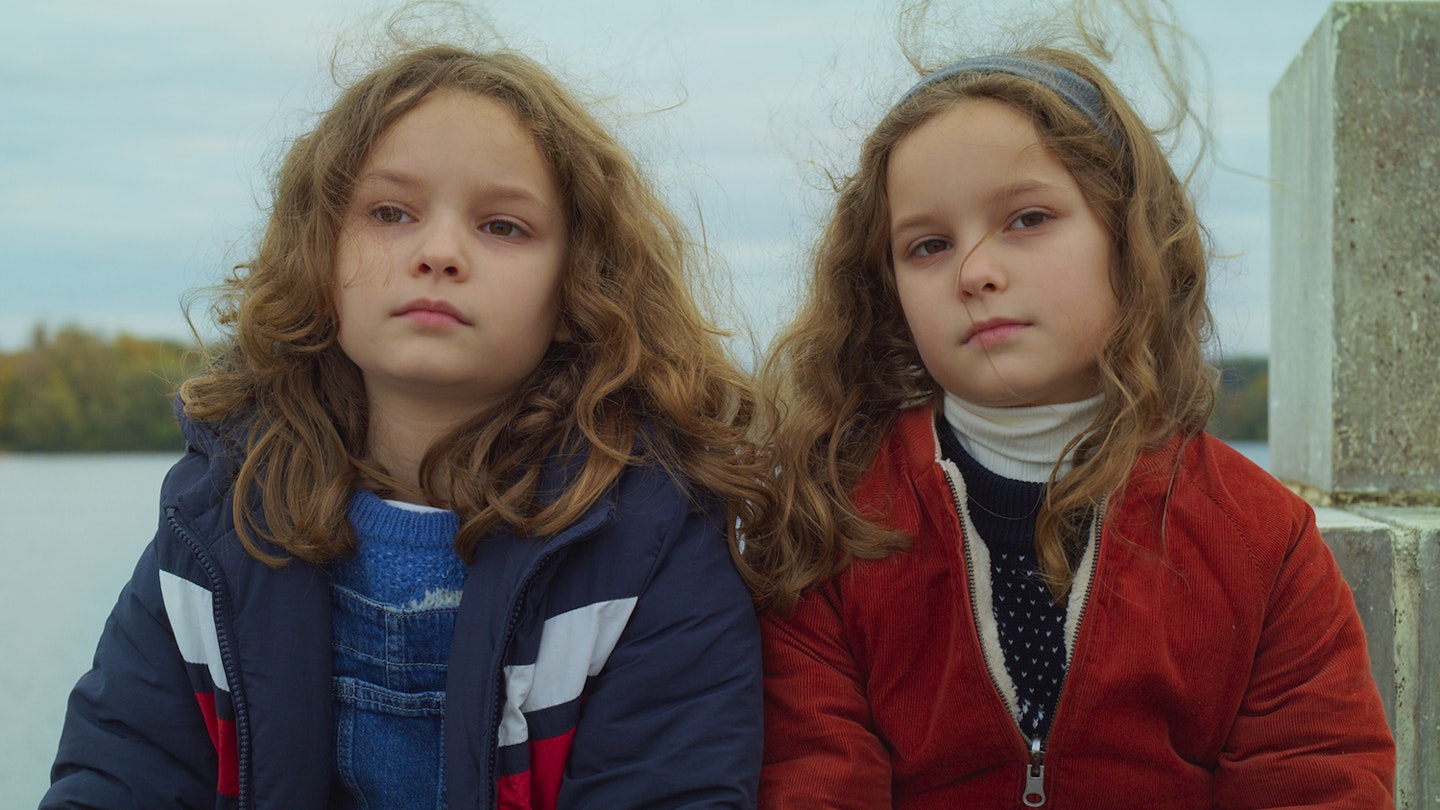After the gorgeous, windswept Portrait Of A Lady On Fire, Céline Sciamma returns with a story that is just as elegant and compelling, and even more microscopic in its focus. Made under lockdown conditions with a tiny cast and barely 75 minutes long, this packs in more human emotion than films three times its length.

Nelly (Joséphine Sanz) is a quiet eight-year-old who travels with her parents to empty her grandmother’s house following the older woman’s death. Nelly is processing her loss, as is her visibly struggling mother (Nina Meurisse), when Nelly meets Marion (Gabrielle Sanz), in the woods behind the house. She quickly realises, and seems instantly to accept, that this is her mother at her own age. The pair become friends, and Nelly grasps that she has a chance to learn more about her reserved mother and explore some of the missing pieces of her own life.
Even more so than in _Portrait_, Sciamma comes across as a supremely confident and graceful filmmaker here.
Not that the film explains itself in such crudely obvious terms. Even more so than in Portrait, Sciamma comes across as a supremely confident and graceful filmmaker here, resting her film entirely on careful shot selection, mood and her two young leads, rather than any expositionary bumph. Reunited with cinematographer Claire Mathon, Sciamma keeps the camera at her young heroes’ eye-level, framing the shots for their convenience rather than that of adults. If the colours pop around the girls and the framing is perfect, their own windblown hair and unstudied reactions scream of naturalism and stop this from feeling too clinically composed. The sibling relationship between the Sanz twins helps immensely: neither shows any child-actor eagerness to mug, but they have an ease with each other and a casual understatement that works beautifully.
Everything beyond the girls is left deliberately vague. The story seems to be set in more-or-less the present day, though it could take place in any time period back to about the 1980s, and that timelessness contributes to a dreamy sense of possibility. Maybe this is all happening in Nelly’s head, maybe it’s a sort of ghost story for the living — but either way it’s important, in the way that even imaginary things can be when you’re young. Sciamma seems to understand childhood better than any filmmaker out there save perhaps Miyazaki (to whose work this has rightly drawn comparisons), and like him she turns her camera to little girls, largely overlooked in American cinema, and their relationship with their mothers, a hugely underexplored issue next to the ubiquitous father complex.
Arthur C. Clarke — or possibly Thor — once said that sufficiently advanced science is indistinguishable from magic, and there’s something similar going on in Sciamma’s filmmaking. Sciamma’s cinematic storytelling is so finely tuned that she can take a science-fiction concept and strip it of every unnecessary explanation and every scrap of technological gadgetry until she is left with magic, a miraculous chance to know and understand your loved ones better. It’s a wistful idea, that it might take magic to know one another better, but there’s something hopeful at the heart of this film that never lets it become too heavy.





